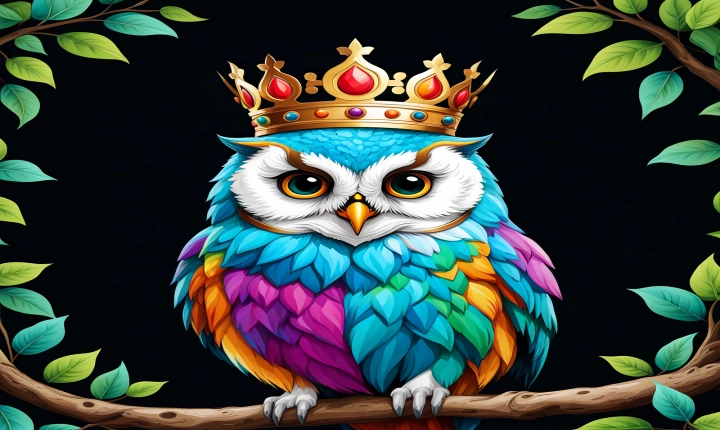Can ChatGPT Create a Meal Plan?
ChatGPT, the powerful language generation AI, has made significant strides in assisting users with a wide range of tasks. From writing essays to generating marketing content, it has proven to be an invaluable resource. However, can ChatGPT take on the challenge of creating a personalized meal plan for users?
Creating a meal plan involves a combination of nutritional knowledge, dietary guidelines, taste preferences, and diversity in meals. It requires an understanding of an individual’s specific dietary needs, whether they are looking to lose weight, build muscle, or simply maintain a healthy lifestyle. ChatGPT’s ability to churn out detailed responses and understand complex instructions makes it a promising candidate for meal planning.
One of the key advantages of using ChatGPT to create a meal plan is its capacity to process a vast amount of information. It can analyze the nutritional content of different foods, recognize dietary restrictions, and suggest a variety of meals tailored to an individual’s preferences. This could be particularly useful for individuals who are looking to follow a specific diet, such as vegan, keto, or gluten-free.
Furthermore, ChatGPT’s ability to generate creative and diverse meal ideas can be particularly appealing. It can suggest unique recipes, incorporate seasonal ingredients, and even adapt to different cultural cuisines. This diversity in meal options can help keep users engaged and motivated to stick to their meal plan.
However, it is important to acknowledge the limitations of using ChatGPT for meal planning. While it can provide general nutritional advice and come up with varied meal ideas, it lacks the expertise of a professional dietitian or nutritionist. Without a thorough understanding of an individual’s health history, metabolism, and specific dietary requirements, the meal plan generated by ChatGPT may not be as effective as one created by a human professional.
Another consideration is the lack of real-time feedback and adjustment. A meal plan created by ChatGPT may not be able to adapt to changes in an individual’s preferences or lifestyle factors, whereas a human dietitian can provide ongoing support and make necessary adjustments.
In conclusion, while ChatGPT has the potential to create a meal plan that is diverse, personalized, and tailored to specific dietary needs, it should be viewed as a complementary tool rather than a replacement for professional advice. Users can benefit from using ChatGPT to generate meal ideas, gain insight into nutritional content, and explore creative recipes. However, it is essential to consult with a qualified nutrition professional for personalized and comprehensive meal planning. As technology continues to advance, it will be intriguing to see how AI like ChatGPT can further evolve to support individuals in their quest for healthy eating and balanced nutrition.
